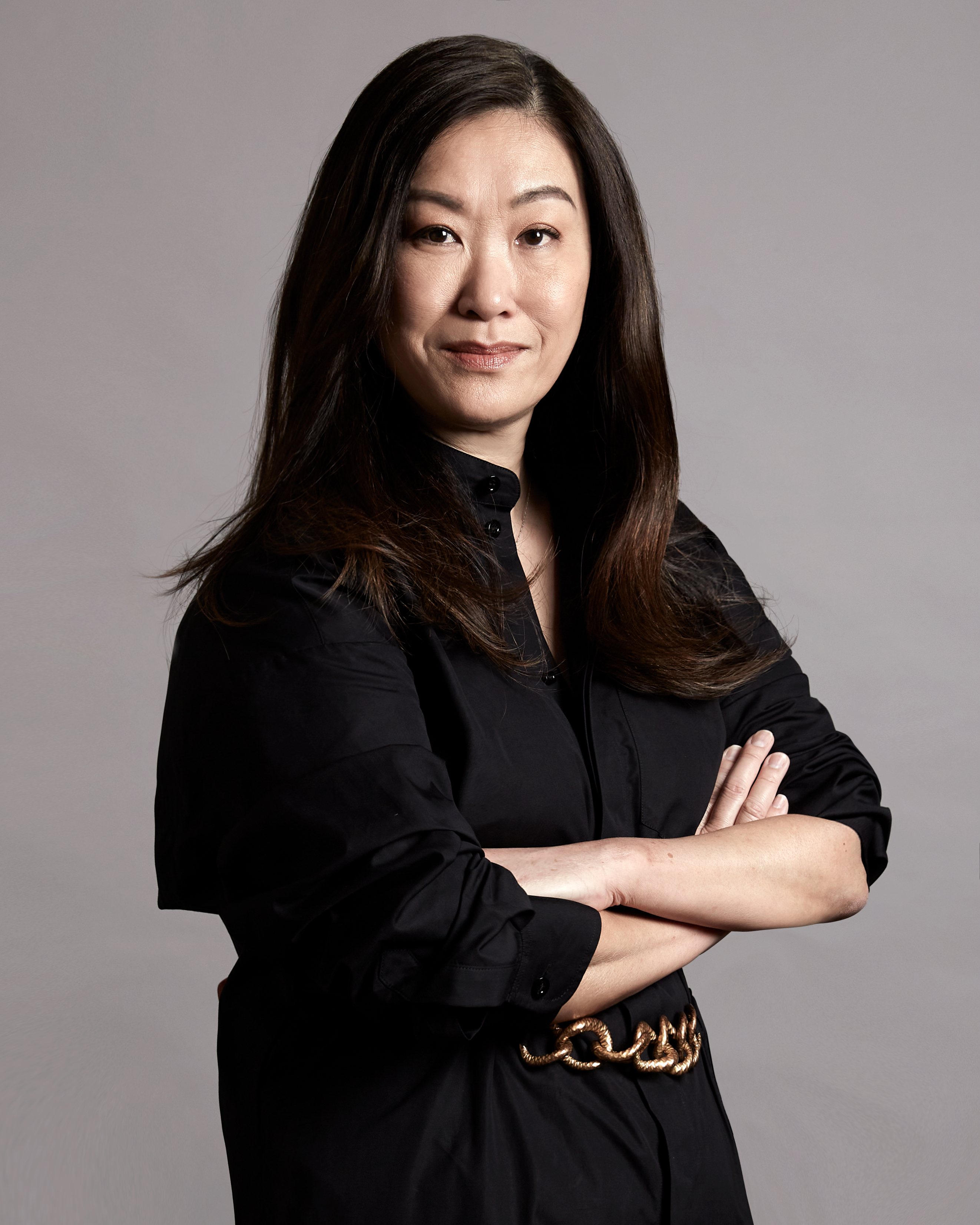 Ms Leong Yee May
Ms Leong Yee May
Global tech firm Equinix supports the digital infrastructure needs of some of the biggest companies in the world, from Netflix to Nestlé.
As part of its “Future First” strategy, Equinix is building a pipeline of eco-talents — innovators who will create a more accessible, equitable and sustainable future. The socially responsible company is partnering with NUS to set up the Equinix Masters Scholarship in Biodiversity Conservation and Nature-based Climate Solutions.
Managing Director of Equinix South Asia, Ms Leong Yee May said: “The impact today’s actions can have on tomorrow is front of mind in all we do. We believe that true sustainability means investing in work, life and the planet. Partnering with NUS on this scholarship aligns with our Future First sustainability strategy, reinforcing our commitment to develop and build the next generation of environmental leaders”.
As Equinix rallies its people and partners to realise a better future, it is also leading by example. In Singapore, they are working alongside the local community on eco-initiatives, such as the tree-planting movement ‘One Million Trees’ and Singapore Environment Council’s Reverse Vending Machine project to encourage students to recycle.
On the international stage, Equinix pledged to be climate neutral globally by 2030 — a first in the data centre industry. The company takes its commitment seriously with science-based targets for emissions reductions, an aggressive green financing plan and a comprehensive sustainability agenda. As such, Equinix is well on its way to meeting its targets, with over 95% renewable coverage in its portfolio in the financial year of 2021.
Equinix CFO, Keith Taylor said: “At Equinix, we’ve always understood that we must not only deliver financial performance, but also a positive contribution to the community and the environment. We remain dedicated to growing our sustainability efforts globally and understand that the future of business growth is linked to the development of sustainable innovation, technologies, and business models.”






